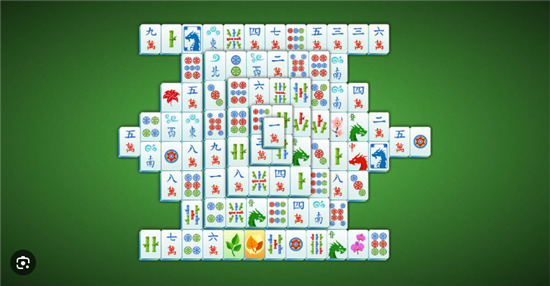1. Solvability in Standard Mahjong:
- Traditional Mahjong (Hong Kong, Japanese, etc.):
- These are not guaranteed to be solvable for every possible initial tile distribution. Some deals may result in "dead hands" where no player can legally win (e.g., no possible Mahjong even with optimal play).
- For example, if all players lack a pair (for Mahjong) or valid sets (e.g., pungs/chows), the game could end in a draw ("goulash" or exhaustive draw after all tiles are drawn).
- Mahjong Solitaire (Shanghai Solitaire):
- This single-player puzzle version is not always solvable. Some tile layouts have no path to clear all pairs due to overlapping layers or inaccessible tiles.
- Expert estimates suggest ~80-85% of randomly generated layouts are solvable, but this varies by tile-set rules (e.g., allowing only exposed pairs).

2. Mathematical Perspective:
- NP-Hardness: Mahjong Solitaire is proven NP-hard, meaning there's no known efficient algorithm to determine solvability for arbitrary layouts without (potentially exhaustive) computation.
- Tile Dependency: In multiplayer Mahjong, solvability hinges on the probability of drawing complementary tiles from the wall. Some combinations are impossible to complete (e.g., needing a lone tile already discarded).
3. House Rules and Variants:
- Some rule variants introduce mechanics to mitigate unsolvable states (e.g., reshuffling dead walls or allowing special draws).
- In competitive Riichi Mahjong, exhaustive draws reset the game, implicitly acknowledging unsolvable states.
Conclusion:
No, not every Mahjong game (in either traditional or solitaire forms) is guaranteed to have a solution. Unsolvable states arise due to tile distribution constraints, though their frequency depends on the ruleset. For Mahjong Solitaire, solvability is layout-dependent, while traditional multiplayer Mahjong may end in draws if no player can form a winning hand.


















